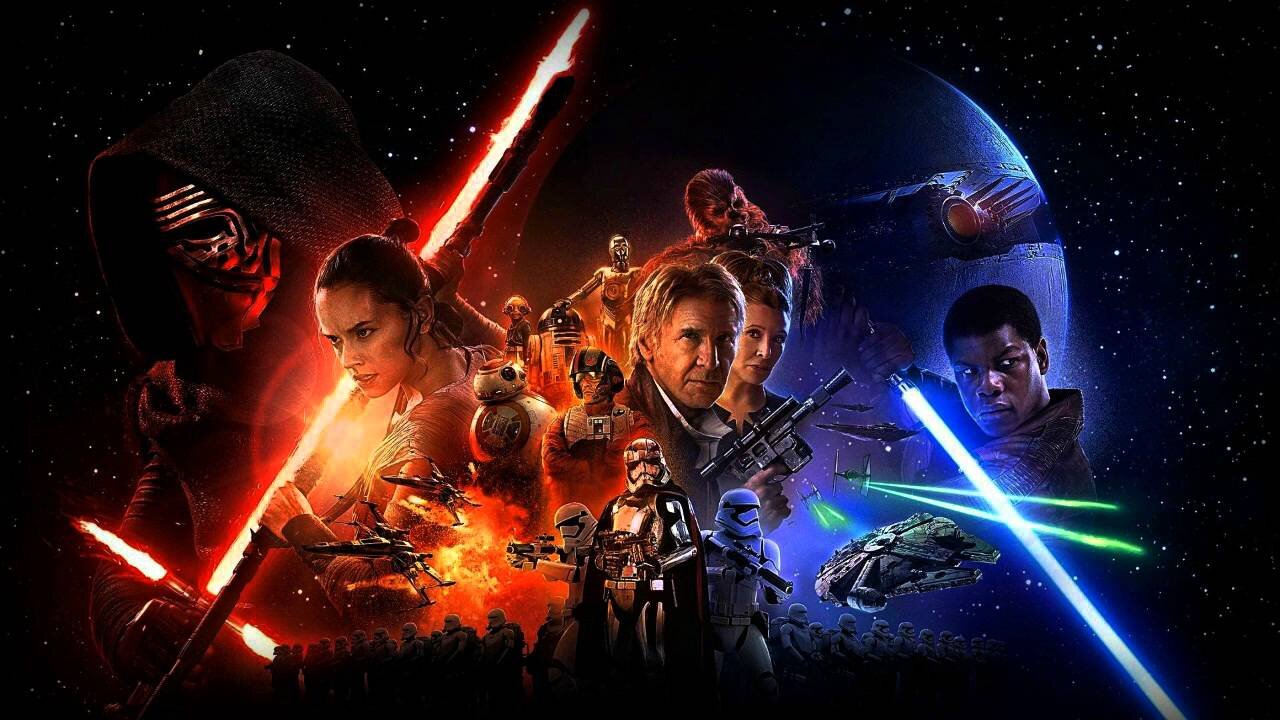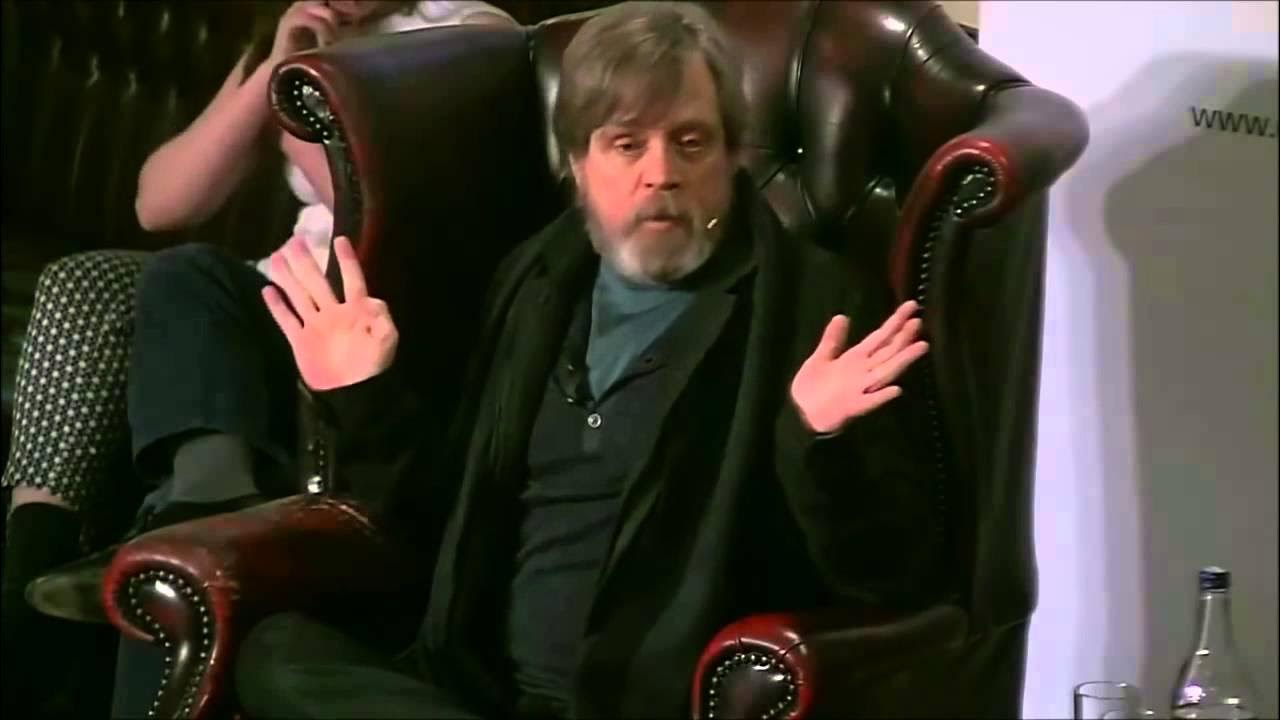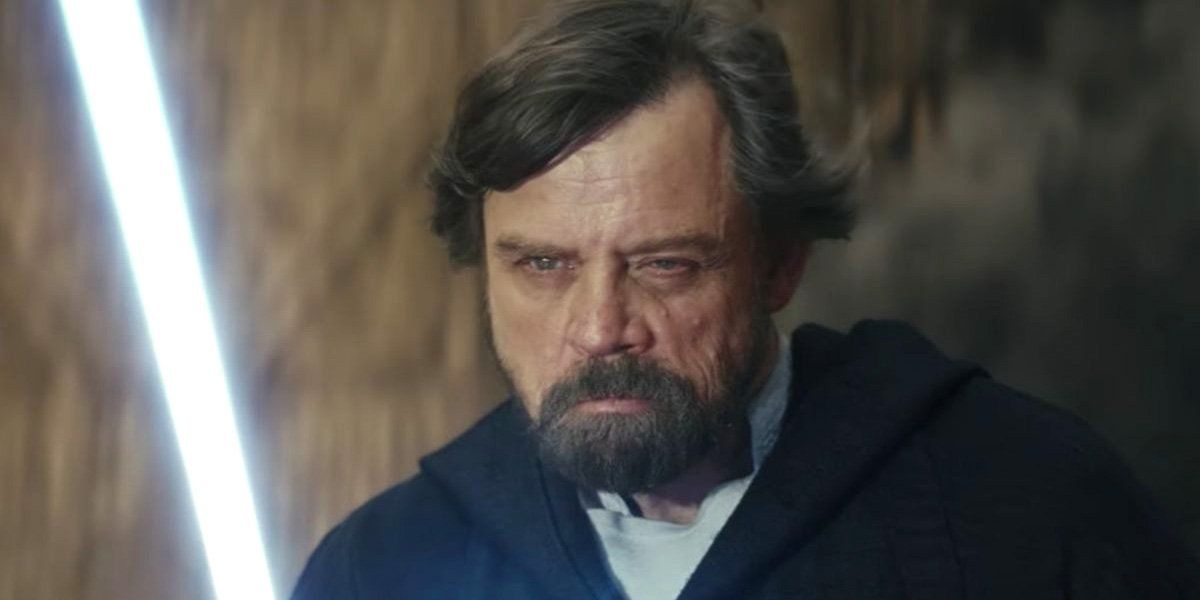When J.J. Abrams took the helm of Star Wars: The Force Awakens, he wasn’t just directing another installment in the beloved franchise; he was setting the stage for a new era. With the film’s release, Abrams introduced a fresh cast of characters destined to carry the legacy of the galaxy far, far away. However, one significant decision regarding a long-time hero, Luke Skywalker, played by Mark Hamill, became a focal point of both intrigue and controversy.

The Controversial Plot Point that Defined a Director’s Vision
Amidst the anticipation for The Force Awakens, Abrams revealed a key plot element that not only convinced him to direct the film but also promised to redefine the narrative landscape of Star Wars. During The Secrets of The Force Awakens, a detailed behind-the-scenes documentary, Abrams shared:
There was this one moment that I instantly had the chills considering, which was: a young woman, what her story is, I had no idea. But saying, ‘Where’s Luke Skywalker?’ It was so titillating.
This exploration of Luke Skywalker through the eyes of new characters, especially the film’s protagonist Rey, was a narrative choice that Abrams found particularly compelling. He stated, “The idea serves as a great starting point for the story,” which ultimately leads to the revelation that Luke has secluded himself, disillusioned by past tragedies and having turned his back on the Jedi Order.

Fan Reactions: A Legacy Challenged
While Abrams’ approach to The Force Awakens garnered critical acclaim and achieved record-breaking box office success, it was not without its detractors, particularly among the most devoted Star Wars fans. Many felt that the minimal presence of Luke Skywalker throughout the film did a disservice to the character’s storied legacy.
Critics and fans alike debated the decision vigorously. The exclusion of Luke for most of the film’s runtime was seen as a bold, if not polarizing, choice. Fans criticized the sequels for mistreating Luke while trying to deconstruct the character. The sentiment was that the sequels, in an attempt to introduce new dynamics, might have undermined the very elements that made characters like Luke Skywalker resonate so deeply with audiences.

The Impact on the Star Wars Universe
Despite the mixed feelings about Luke’s portrayal, the plot decision had undeniable ripple effects on the subsequent films in the sequel trilogy. The initial intrigue surrounding Luke’s whereabouts set a narrative foundation that influenced the direction and tone of the entire series.
As The Force Awakens navigated these choppy waters, it opened up discussions about the evolution of iconic characters and how new generations come to terms with inherited legacies. Abrams’ choice underscored a pivotal theme of the sequels: the past’s profound impact on the present and future, a theme that resonates well beyond the confines of cinema into the very fabric of storytelling.
In retrospect, while J.J. Abrams’ treatment of Luke Skywalker continues to trigger passionate responses from the Star Wars community, it also highlights the challenging balance creators must strike in respecting legacy while boldly embracing the future. As the dust settles, Abrams’ narrative risks in The Force Awakens continue to spark debate, a testament to the enduring power and complexity of the Star Wars saga.
